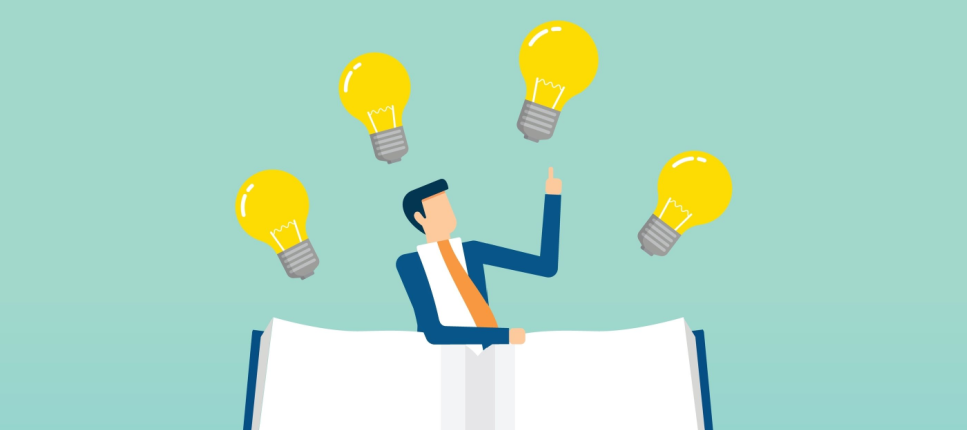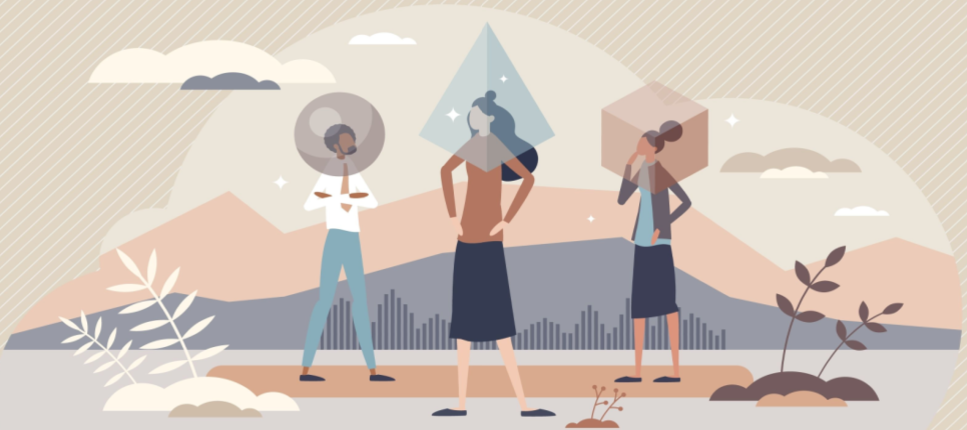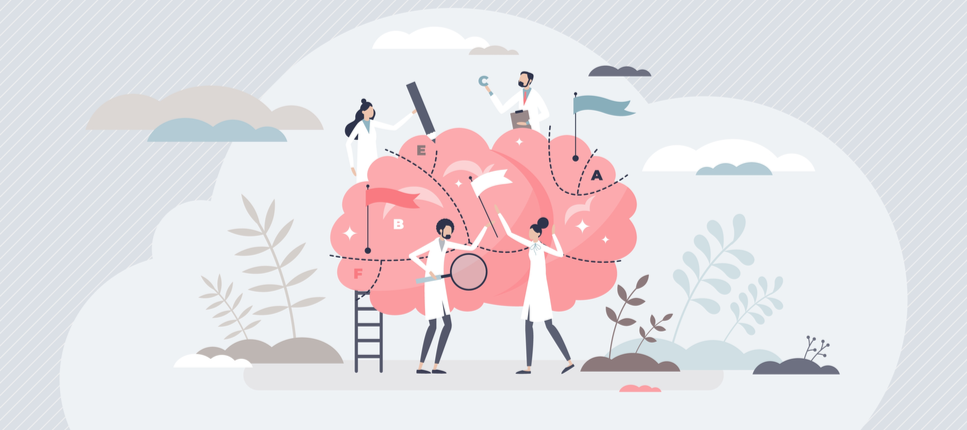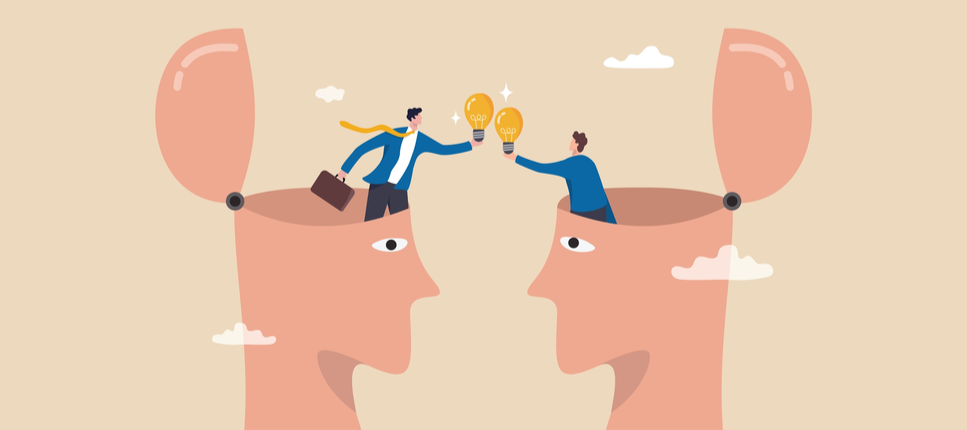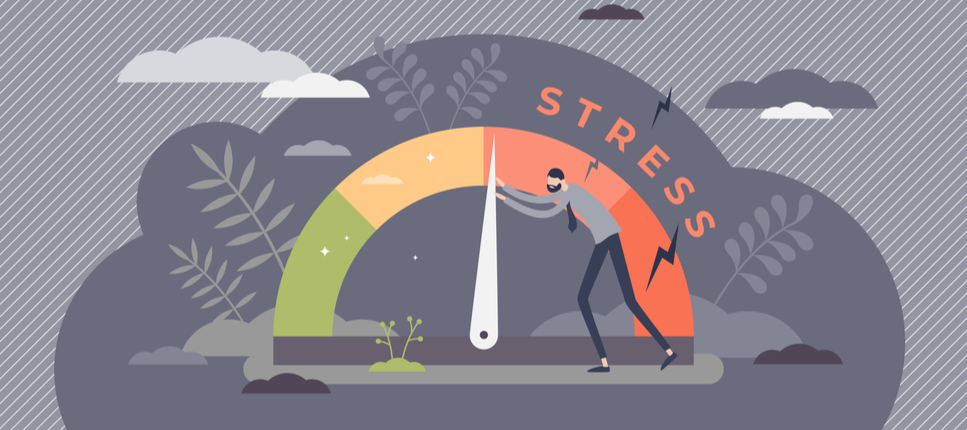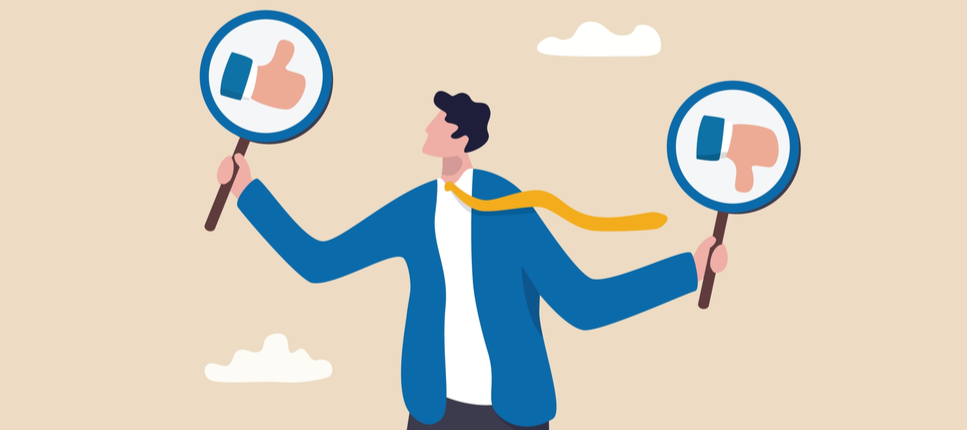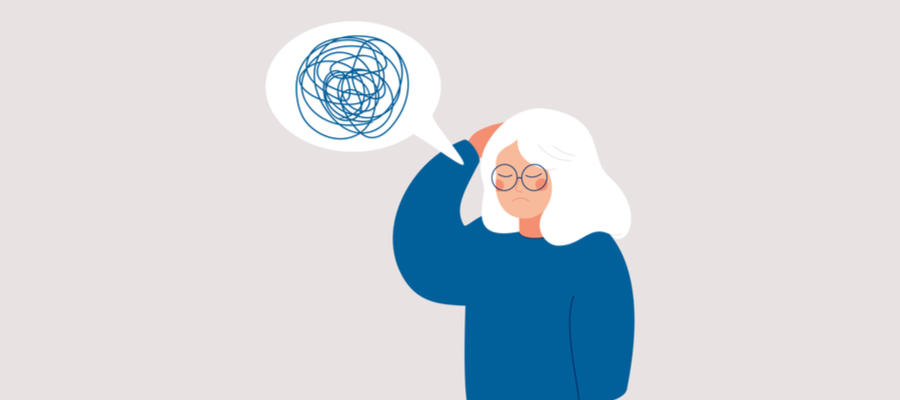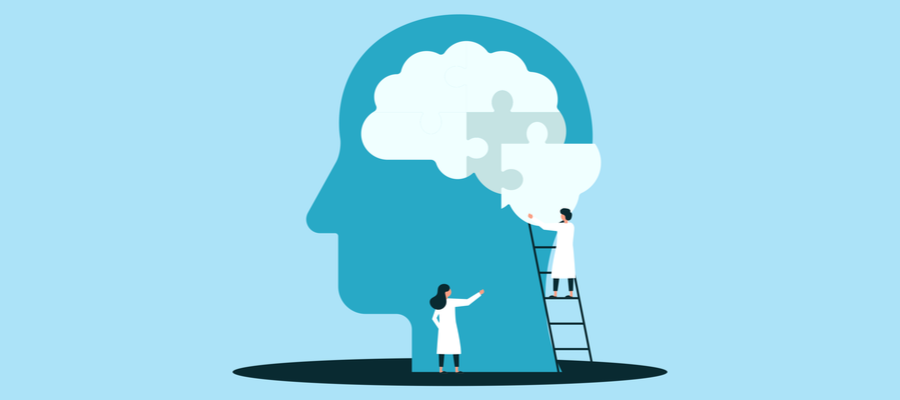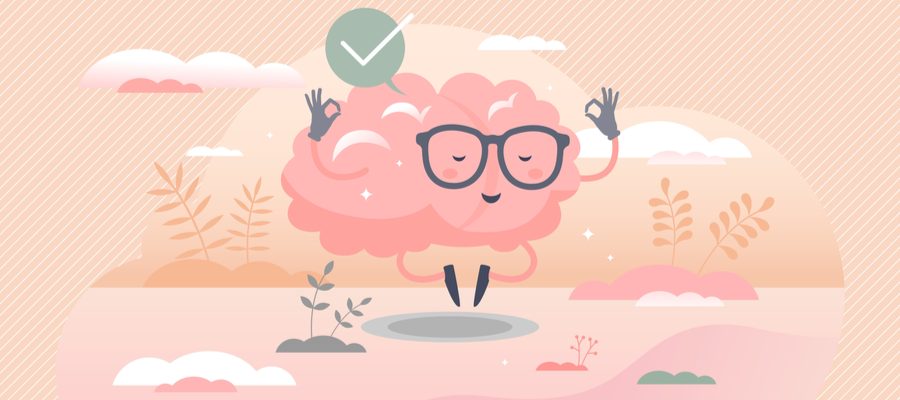[VIDEO] Neuroscience: Learning in 4 Steps
While there are many valid teaching methods, the latest findings in neuroscience have identified 4 factors necessary for successful learning. Compatible with the freedom and experimentation that remain important in pedagogy, these guiding principles can be integrated into various approaches.

